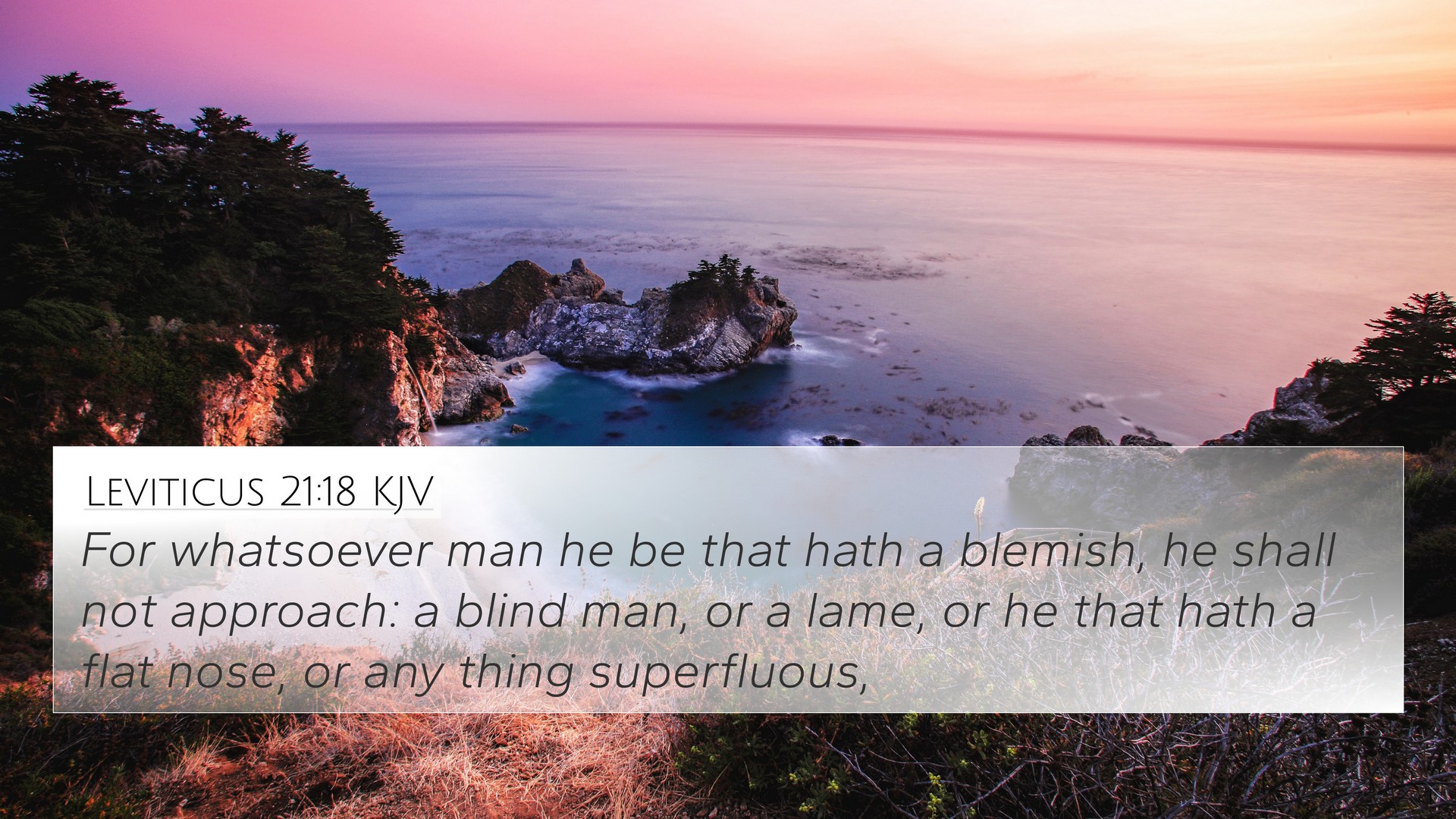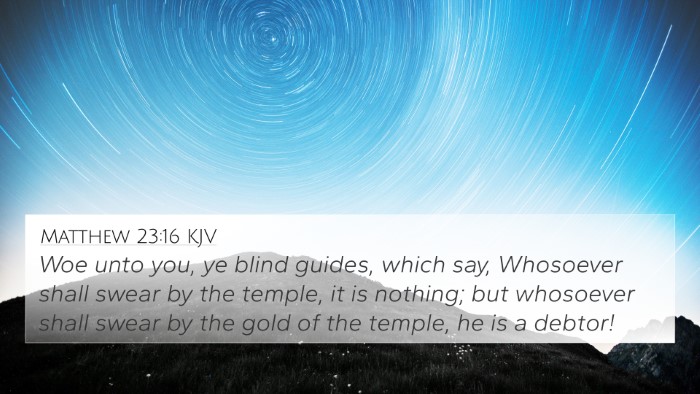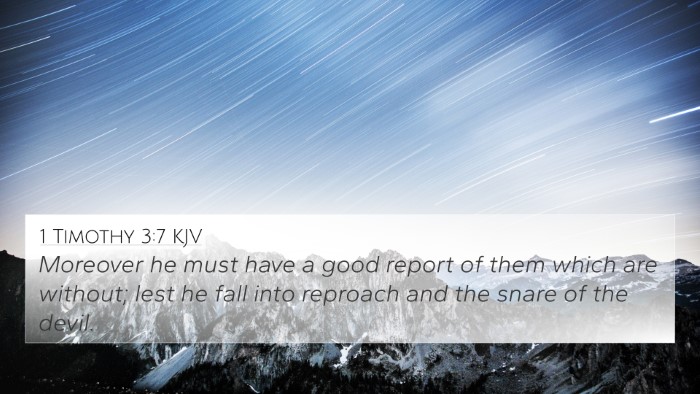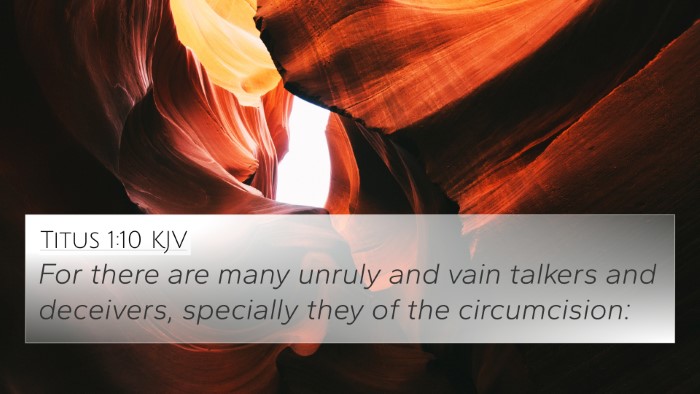Understanding Leviticus 21:18
The verse Leviticus 21:18 presents important guidelines regarding the qualifications for priests in Israel. It is essential to explore the meaning and implications of this verse through the insights derived from public domain commentaries.
Verse Context
Leviticus 21:18 states:
"For whatsoever man he be that hath a blemish, he shall not approach: a blind man, or a lame, or he that hath a flat nose, or any thing superfluous,"
Commentary Insights
To understand this verse comprehensively, we can utilize the commentary insights provided by Matthew Henry, Albert Barnes, and Adam Clarke. Each of these scholars contributes unique perspectives on the significance of purity and fitness among priests.
Matthew Henry's Commentary
- Spiritual Significance: Henry emphasizes that physical defects symbolize spiritual shortcomings. The stipulation for physical fitness in priests reflects the holiness expected of those who serve in sacred roles.
- Symbol of Perfection: The priesthood represented a connection between God and His people. Therefore, any blemish might imply a barrier to that connection, reminding the faithful of the necessity for purity in worship.
Albert Barnes's Commentary
- Historical Context: Barnes remarks on the historical implications of this law, underscoring its importance for setting apart the priestly class and ensuring reverence during sacrifices.
- Physical and Moral Standards: He links physical purity to moral integrity. Barnes suggests that the outward appearance of priests should reflect the inner holiness expected from those offering sacrifices on behalf of the people.
Adam Clarke's Commentary
- Cultural Considerations: Clarke notes that ancient cultures often viewed physical perfection as a representation of divine favor. By maintaining these standards, priests affirm their roles in facilitating divine connections.
- Understanding Blemishes: He explains the types of blemishes mentioned and asserts that while physical imperfections exclude priests from certain duties, this should not imply that God values one person more than another based on appearance.
Bible Cross-References
To further understand the implications of Leviticus 21:18, we can examine related scriptures that illuminate its themes:
- Exodus 28:41: Discusses the sanctification of priests.
- Leviticus 22:20-24: Expounds on acceptable offerings for God.
- 1 Peter 2:9: Describes believers as a chosen generation, paralleling the call to holiness.
- 1 Timothy 3:2: Identifies the moral qualifications of church leaders.
- Hebrews 7:26: Highlights the sinless nature of the high priest, Jesus.
- Psalms 24:3-4: Questions who may ascend the hill of the Lord, emphasizing purity.
- Isaiah 53:2: References Christ being “despised and rejected,” relating physical appearance to perception in ministry.
- Numbers 19:1-10: Discusses holiness and purity laws within the congregation.
- Romans 12:1: Encourages living sacrifices, reflecting true worship through holiness.
- 2 Corinthians 6:17: Urges believers to come out from among the unclean, echoing the call for holiness.
Final Thoughts
In summary, Leviticus 21:18 emphasizes the expectations of holiness and purity for those who serve in spiritual capacities. The physical criteria set forth in this verse are fundamentally linked to broader themes of moral integrity, sacredness, and the need for a connection with the divine.
Through an understanding of interconnected scriptures, we obtain a clearer picture of how God maintains standards for His leaders, ultimately guiding believers towards a life of holiness and commitment.










